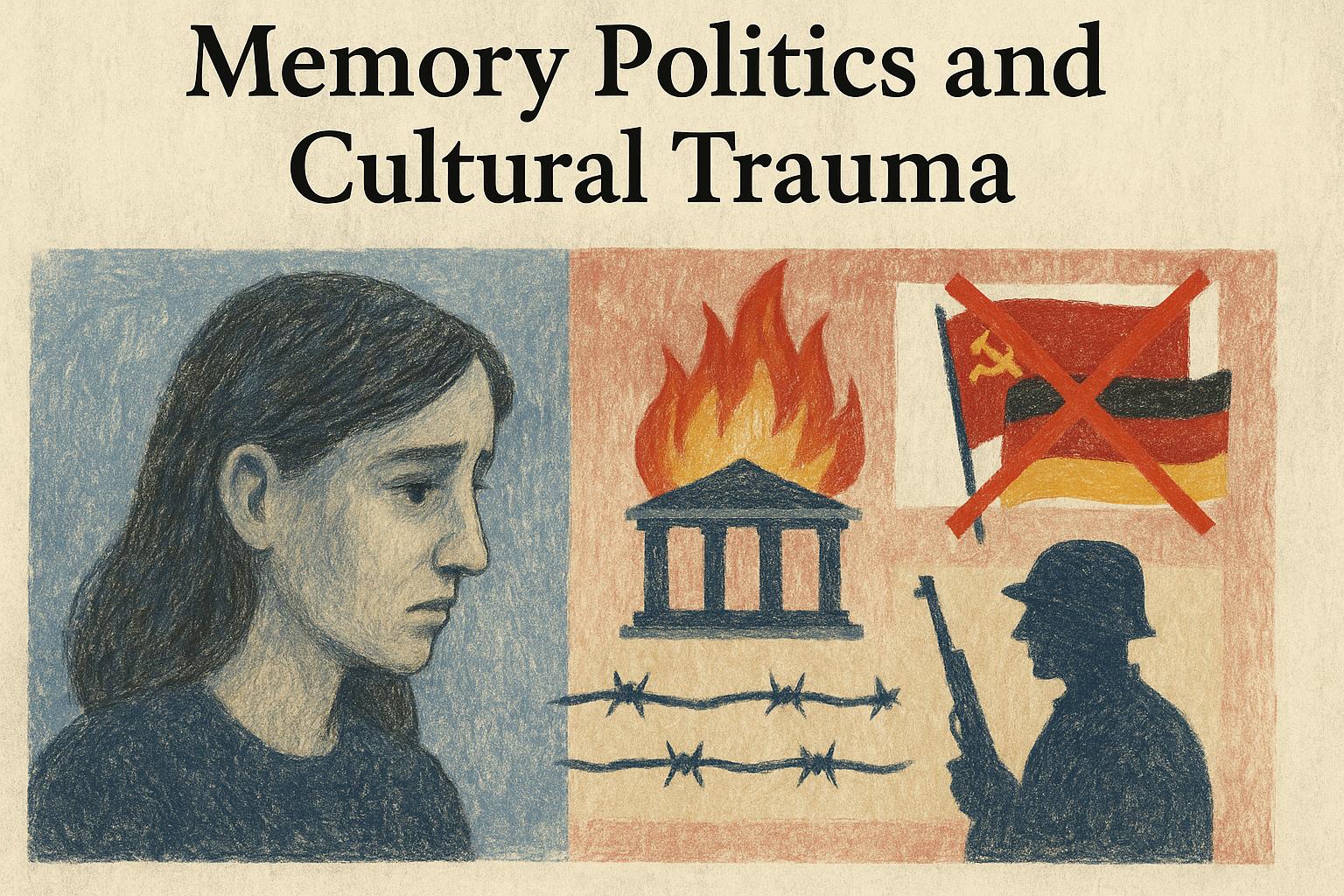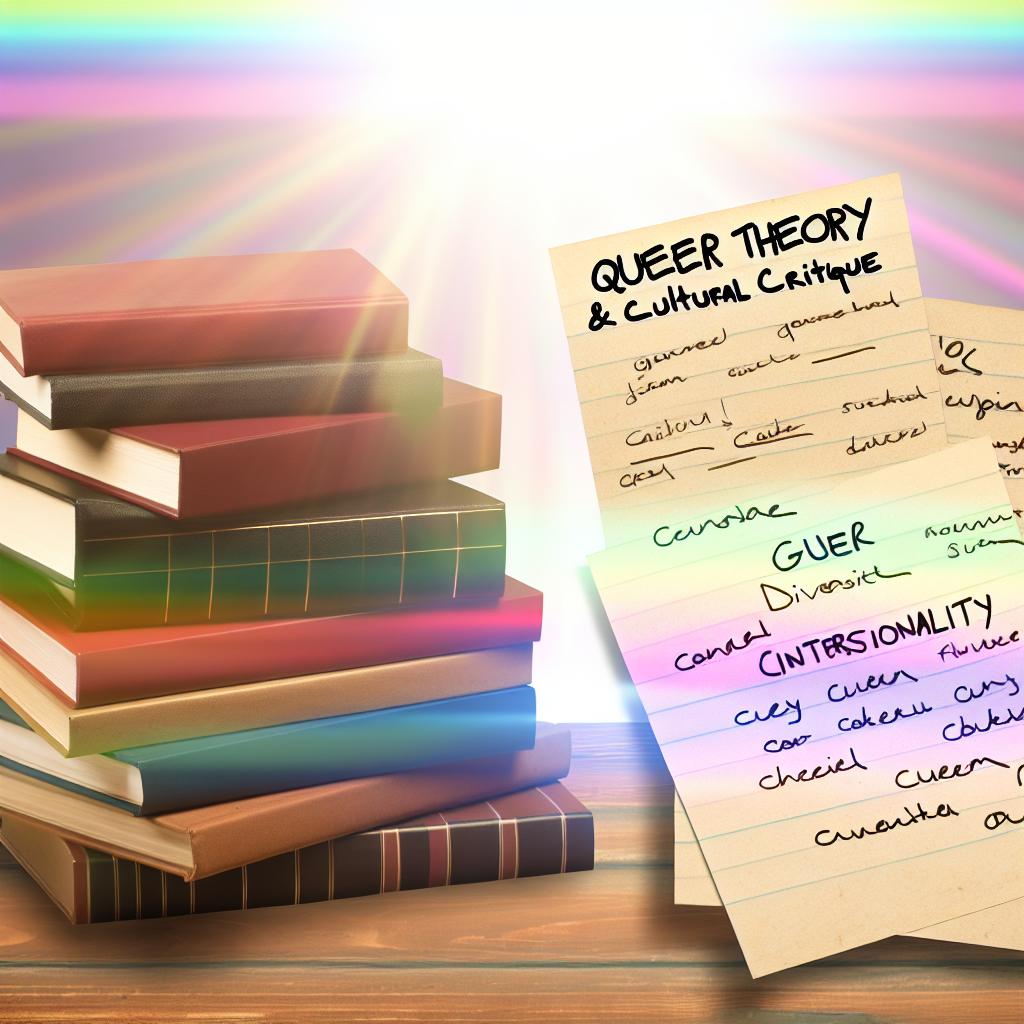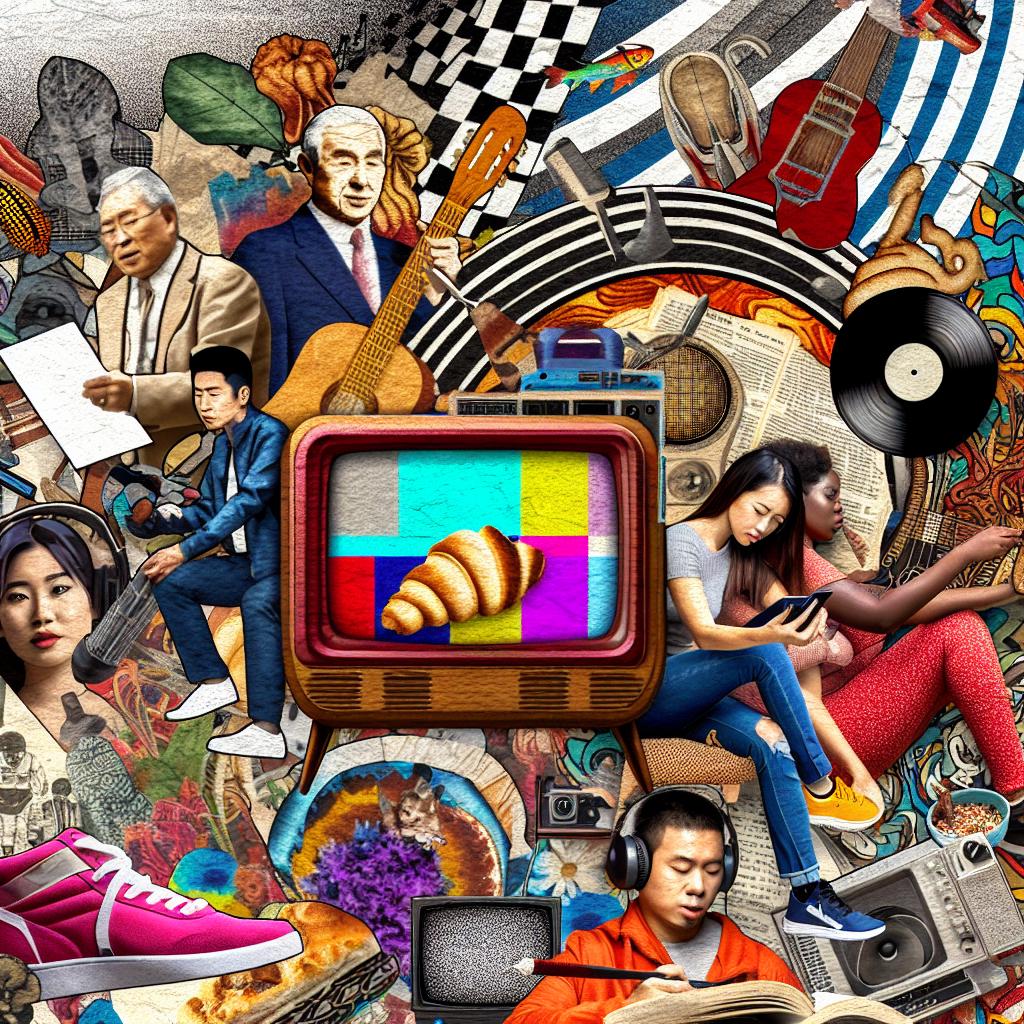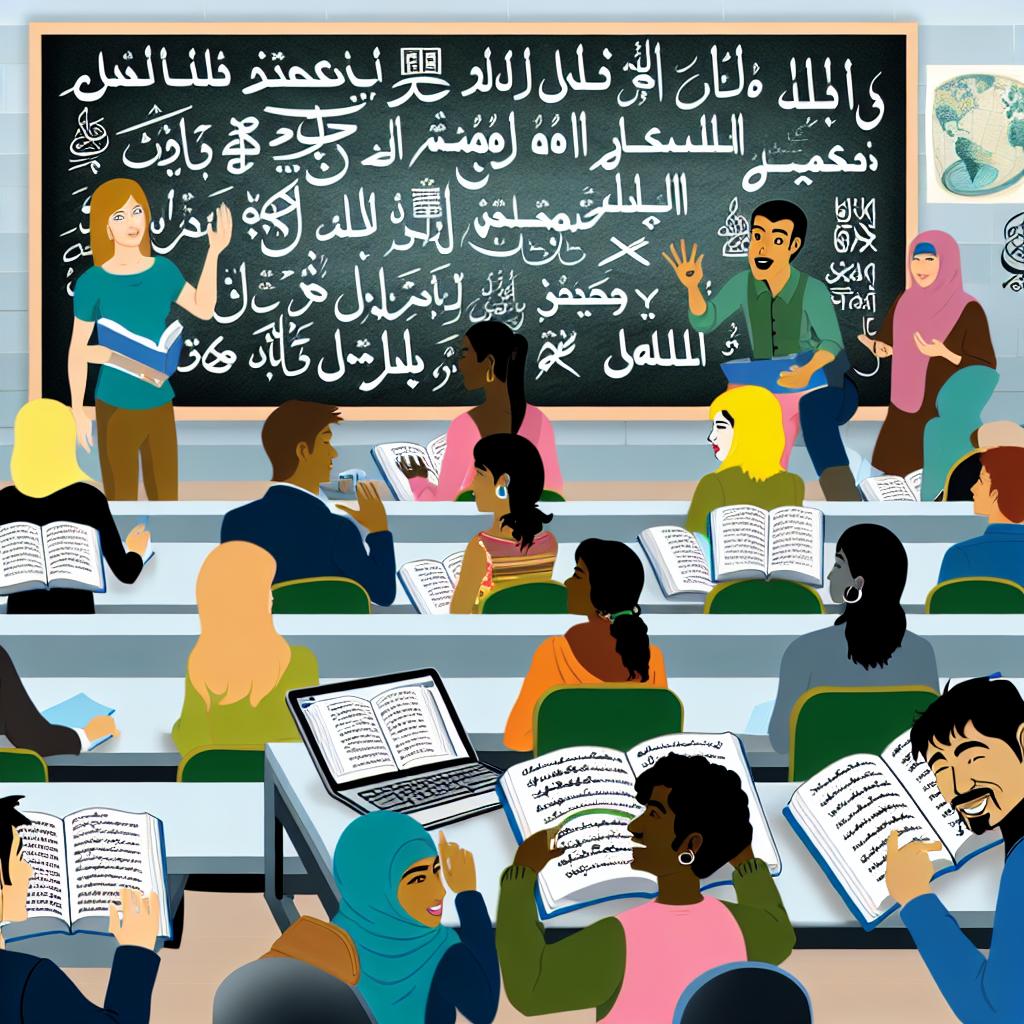Introduction to Memory Politics and Cultural Trauma
In recent years, the concepts of memory politics and cultural trauma have gained prominence in the fields of sociology, political science, and history. These concepts help us understand how societies deal with past events, particularly those involving conflicts and atrocities, and how such events are remembered or misremembered in collective memory.
Understanding Memory Politics
Memory politics refers to the political processes that influence how historical events are remembered or forgotten. Governments, institutions, and influential groups often play a significant role in shaping these narratives.
Memory politics can involve:
Selective Remembering: Choosing certain events or aspects of events to highlight while ignoring others.
The dynamics of memory politics are multifaceted and influence various aspects of societal development. The act of selectively remembering certain historical events can significantly impact national narratives and identity. Selective remembering may involve emphasizing victories, achievements, or positive aspects of historical events, while downplaying or entirely omitting less favorable occurrences. This strategy can serve to create a unified national identity and foster patriotism. However, it also poses significant ethical questions about the integrity and accuracy of the collective memory. This selectivity can inadvertently lead to the marginalization of certain groups whose histories and experiences are disregarded or misrepresented.
Monuments and Memorials: Creating physical representations of memory that influence public perception.
The establishment of monuments and memorials as part of memory politics represents attempts to embed certain interpretations of historical events into the landscape of everyday life. These physical structures serve as loci for collective memory, offering a tangible means for societies to express their interpretations of history. Monuments and memorials can both unite and divide, acting as sites of commemoration and mourning or becoming focal points for contested narratives, depending on the perspectives they represent. The design, location, and accompanying narratives of these structures can reinforce specific historical interpretations, and debates over their presence often reflect the ongoing struggle between differing collective memories and historical narratives.
Official Histories: Crafting state-sanctioned versions of history taught in schools and depicted in media.
Official histories play a critical role in shaping collective memory by dictating the narratives included in educational curricula and media representations. Through these channels, governments and influential institutions have the power to construct a particular version of history that aligns with current political and ideological goals. State-sanctioned histories may promote unity and national pride, but they can also overlook or misrepresent critical aspects of historical truth. As educational texts and media permeate society, the version of history they present often becomes ingrained in the public consciousness, affecting how future generations perceive their heritage and identity.
The manipulation of memory can serve political ends, reinforcing certain ideologies or legitimizing current regimes. However, it can also foster reconciliation and healing by formally acknowledging past transgressions. Addressing memory politics requires a nuanced approach that respects diverse perspectives while striving for an accurate and comprehensive understanding of the past.
Cultural Trauma: An Overview
Cultural trauma refers to a significant disruption within a culture or society, leading to enduring collective distress. This concept often arises from events like wars, genocides, or colonization. Unlike personal trauma, cultural trauma affects a large group and becomes part of the collective identity.
Key aspects of cultural trauma include:
The Nature of the Event: Usually catastrophic and deeply affecting the social and cultural fabric.
The events that lead to cultural trauma are often catastrophic, striking at the heart of a society’s structure and sense of security. These events can displace populations, destroy infrastructure, and unravel the cultural fabric, leading to long-lasting repercussions on the affected communities. The effects of such trauma are widespread, influencing social structures, cultural practices, and individual behaviors. As a result, societies experiencing cultural trauma may exhibit symptoms of collective shock and mourning that persist across generations.
Processes of Recognition: Trauma becomes defined through public acknowledgment and discourse.
The path to healing cultural trauma lies in its acknowledgment and open discussion. Societal recognition is often facilitated by public discourse, including national apologies, memorial ceremonies, and educational campaigns. This process allows societies to process the trauma collectively and helps to mitigate its pervasive effects. Recognition efforts must be sincere and comprehensive, addressing the root causes of trauma rather than merely providing symbolic gestures. Achieving genuine recognition can pave the way for healing and integration of the traumatic events into the collective memory in a constructive manner.
Impact on Collective Identity: Influences how groups see themselves and others, often altering social norms and values.
Cultural trauma significantly shapes the collective identity of groups, influencing their self-perceptions and societal roles. The shared experience of trauma can strengthen group cohesion, fostering a sense of solidarity in response to shared grievances. Simultaneously, cultural trauma can alter social norms and values, prompting communities to re-evaluate their priorities, traditions, and societal structures. This transformation can lead to progress and reinvention but also to persistent grievances and historical animosities if not appropriately addressed.
The Interrelation of Memory Politics and Cultural Trauma
Memory politics and cultural trauma are intrinsically linked. The way traumatic events are remembered or suppressed through memory politics can significantly influence the healing process of cultural trauma. This interplay can result in:
Reconciliation: Proper acknowledgment of past atrocities can pave the way for healing and reconciliation.
Reconciliation processes rely heavily on the effective handling of memory politics. When societies openly acknowledge their historical misdeeds, public dialogues about these events can encourage healing and promote peace-building. By honoring the experiences and memories of those affected, societies can move toward reconciliation, fostering a climate of inclusivity and cooperation. Memory politics that emphasizes understanding and truth can help mend fractured relationships and restore social harmony.
Continued Conflict: Suppressing or distorting memories may lead to unresolved grievances and perpetuate conflict.
Conversely, memory politics that suppresses or distorts memories of traumatic events can exacerbate tensions and perpetuate conflict. Ignoring or manipulating collective memories can lead to unresolved grievances, as affected communities may feel alienated or disenfranchised by historical narratives. Continued denial or distortion of past atrocities can sow seeds of distrust, potentially fueling cycles of animosity and retaliation.
Identity Formation: Shared memories and trauma contribute to the formation of collective identities and influence group dynamics.
Collective memories and cultural trauma play pivotal roles in shaping group identities and dynamics. The shared experience of trauma can unite communities, fostering a collective identity characterized by resilience and solidarity. However, the narratives constructed through memory politics can also create divisions, as differing interpretations of history may lead to fragmented identities and internal conflicts. The process of identity formation is therefore deeply connected to how societies choose to remember and interpret their past.
Challenges in Addressing Memory Politics and Cultural Trauma
Addressing memory politics and cultural trauma involves numerous challenges. Societies must balance the need for objective historical accounts with diverse interpretations and narratives. The legitimate fears and grievances of those affected must be acknowledged without politicizing past events for modern agendas.
The complexities of navigating memory politics stem from the tension between the desire to provide accurate historical accounts and the need to address multiple narratives and interpretations. Achieving consensus on historical events is often fraught with difficulties, as differing perspectives and experiences can lead to conflicting interpretations. Language barriers and varied historical narratives contribute to these challenges, requiring societies to engage in ongoing dialogue and negotiations to reach mutual understanding.
Furthermore, achieving a mutual understanding of historical events is often complicated by language barriers, varied historical interpretations, and political interests. This requires ongoing dialogue, sensitivity, and respect for different perspectives. To move forward, societies must embrace inclusive strategies that incorporate the voices and narratives of all affected parties, fostering environments where open discussions and reconciliation are possible.
Conclusion
Understanding memory politics and cultural trauma is crucial for navigating historical narratives and their impacts on contemporary societies. By acknowledging and addressing these facets of collective memory, societies can strive toward healing and build a more inclusive future. The role of educators, historians, and political leaders is essential in ensuring that memory politics contributes positively to collective understanding and reconciliation.
Through concerted efforts, societies can navigate the complexities of memory politics and cultural trauma, moving toward greater inclusivity and peace. Current and future generations can benefit from a more honest engagement with history, creating a foundation for understanding and cooperation in a world marked by diverse narratives and experiences. The opportunity to address historical injustices offers a unique pathway to reconciliation, growth, and progress in building cohesive and resilient communities.



